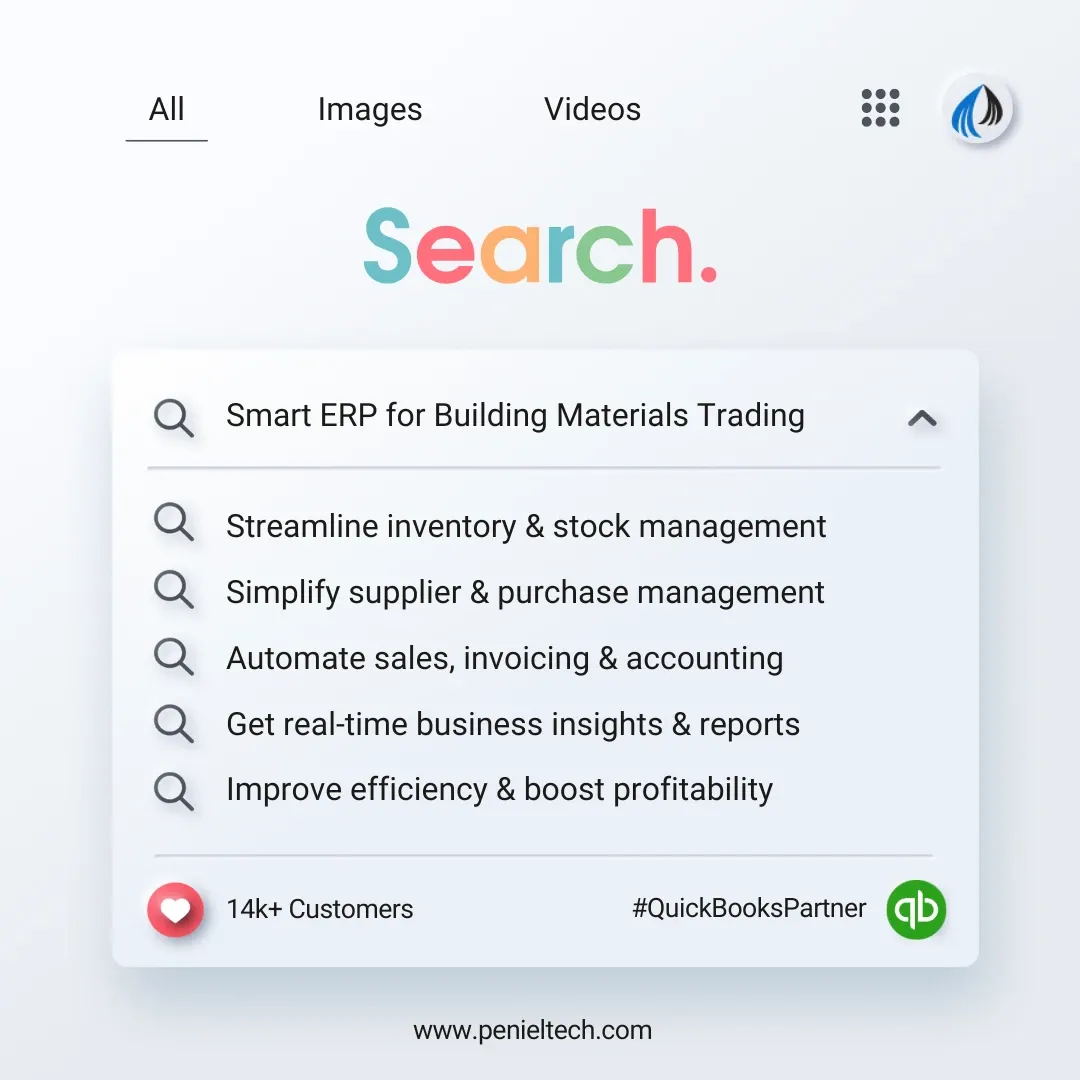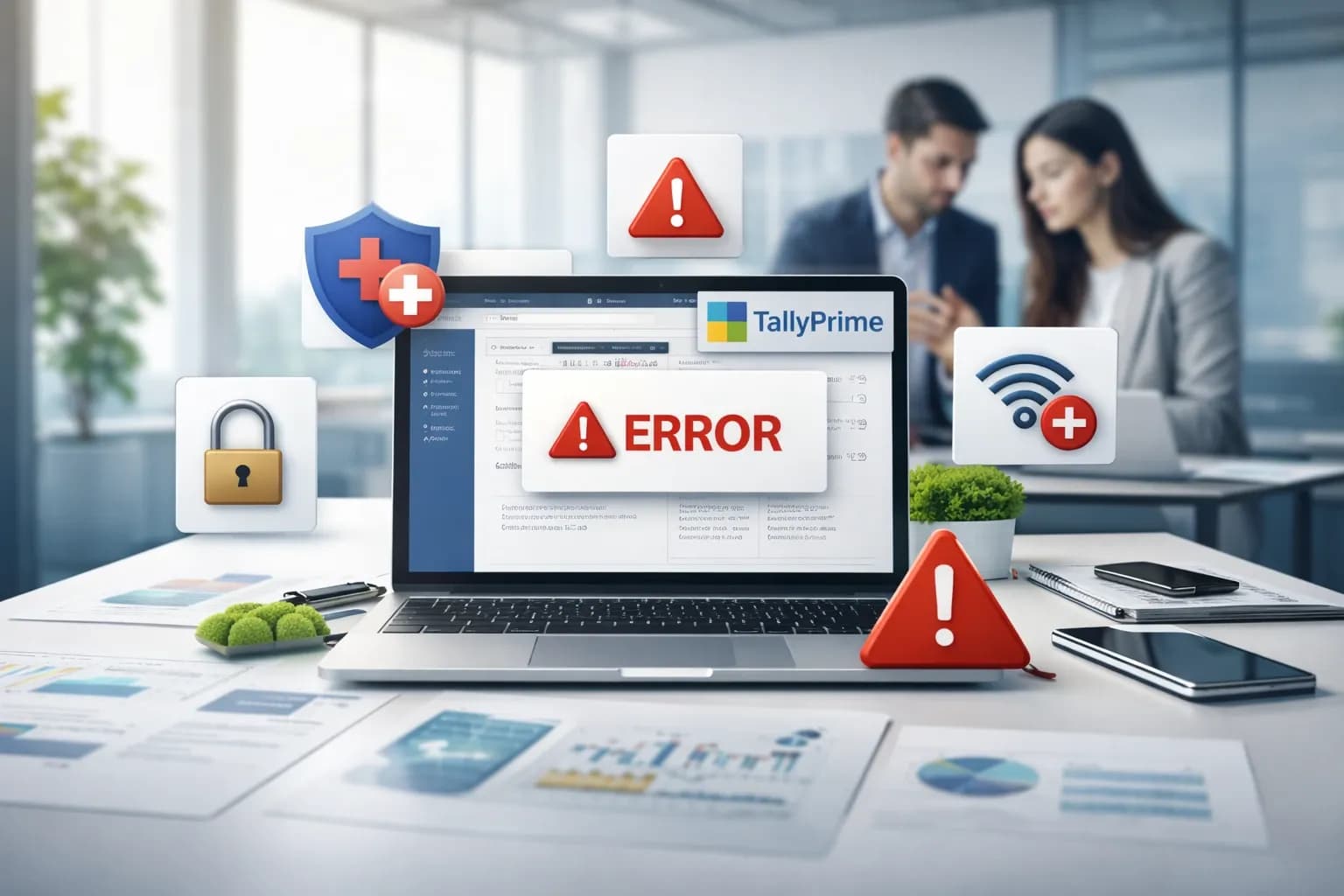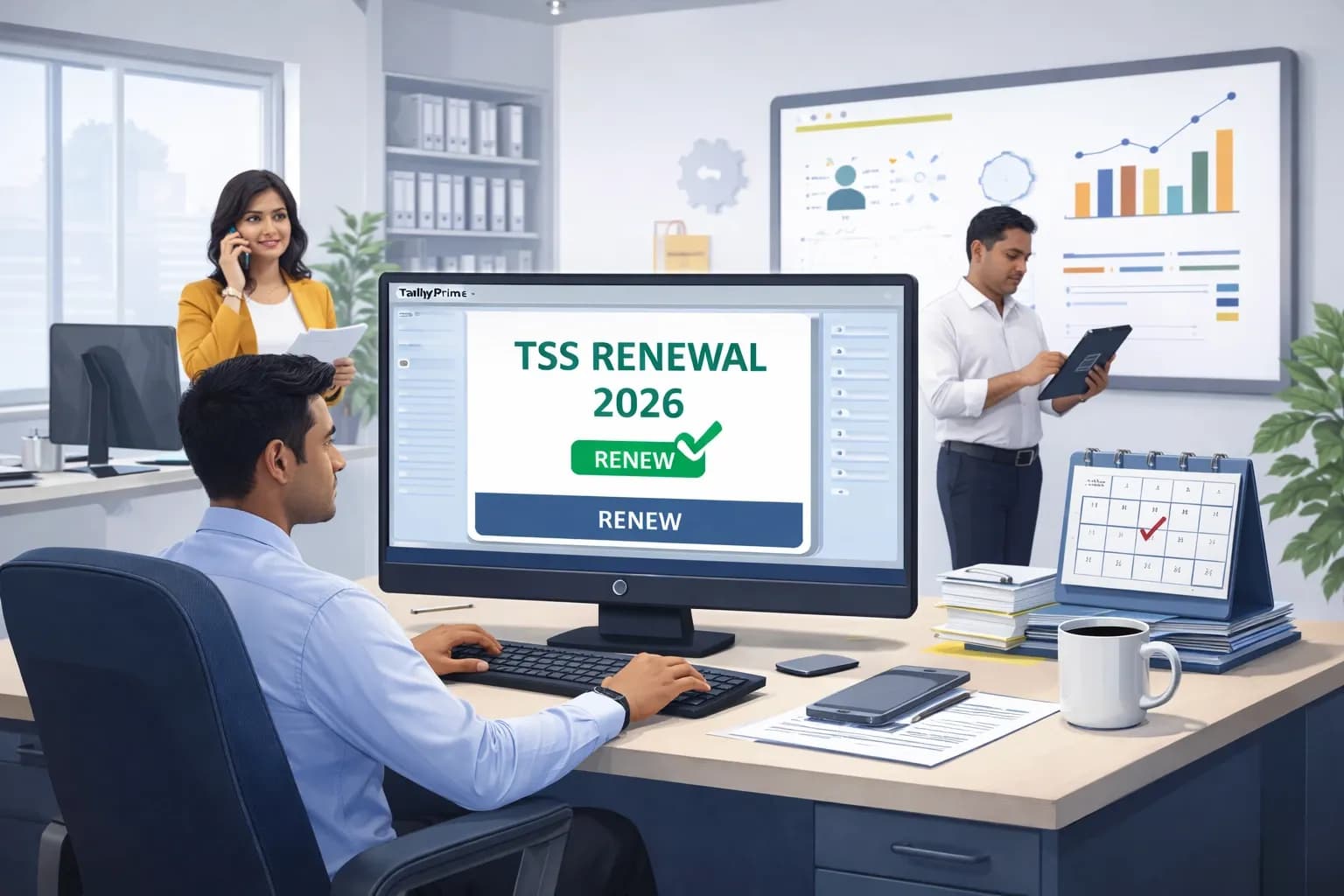At a glance, trading building materials sounds straightforward: Buy from suppliers, stock it, and sell it out; you are done. Well, you’re not done here, because “demand” is the root of any trading company working on building materials. This sector never slows down. Projects run with strict deadlines, while suppliers always expect to deliver the right material at the required time. And the journey continues with cement, steel, tiles, or any other material. One missed delivery, one wrong entry, or any other tiny mistake can assure you lose money, trust, and contracts. Overall, it can finish your business at any moment.
Remember, in this industry, you’re selling time and reliability, more than just products. But, the hardest part is yet to come; managing building material trading either manually or with separate and generic systems. Initially, it feels perfect, but with growing orders, expanded warehouses, and more clients, the balance may slip through the cracks. At the end, you'll be left with delayed invoices, missed payments, and unmatched stock records.
ERP is the answer here, and not just some software, a proper one that ties your entire workflow together: inventory, sales, purchases, deliveries, compliance, accounts, and everything else. Combine that with
QuickBooks Software, and suddenly you’ll get the best name to fit.
Services a Building Material Trading Company Provides
Think of these trading companies as the bridge between manufacturers and end users like contractors, construction companies, or individual buyers. Their services are beyond just selling products: It’s mainly to build trust.
Here’s what they typically provide:
1. Building Materials Supply
- Cement, steel, sand, multiple types of gravel, and aggregates.
- Bricks, blocks, and tiles.
- Timber, plywood, and laminates.
- Materials related to plumbing, electrical, and sanitary.
- Paints, coatings, and sealants.
- Roofing, insulation, and waterproofing materials.
- Architectural products like glass, aluminum, and more.
2. Bulk Procurement & Distribution
- Warehousing and timely delivery to construction sites.
- Ensuring the consistent availability of essential supplies
3. Logistics & Transportation
- Safe and on-time delivery when it comes to heavy or fragile materials.
- Quick management for bulk orders.
- They also provide crane, loader, and unloading assistance.
4. Consultation & Technical Support
- Sometimes they advise contractors or clients about the right types or quality of materials.
- Traders also suggest particular brands, depending on their grades and durability, by offering product comparisons.
- Besides, they provide guidance on cost-effective solutions based on several project needs.
5. Customized Orders
- You can get some special or imported construction materials through them.
- They help clients by cutting, sizing, or preparing products as the project requires.
In a nutshell, besides selling materials, a building material trading company simultaneously ensures its availability, timely delivery, competitive pricing, technical guidance, and logistical support to keep construction projects running smoothly.
Challenges in Building Material Trading: Feel Like a Jungle
If you’ve been in this industry for even a few days, you’ll probably nod at these points. Trading in building materials is completely different from selling ordinary consumer goods.
Inventory Chaos: Businesses that manage building materials rarely deal with simple products. They are constantly handling tons of cement bags, tiles of multiple grades, different sizes of rods, and more. So tracking all of them manually is both exhausting and error-prone. But if you are already doing it with
QuickBooks Support, then you know the difference.
Unpredictable Demand: As mentioned earlier, this industry runs on demand, that too with a mood swing. One month you’re overstocked, and the next month you’re running short of products. What’s trickiest is that construction projects hardly follow any predictable pattern, yet suppliers are always expected to deliver even at short notice.
Margins are thin: This sector always faces fierce rivalry. This is not like retail or other sectors, where you mark up prices by 20% or as much as you want. Here, one wrong calculation or one unpaid invoice indicates your profit has gone.
Coordination Complication: Different customers come up with different types of requirements. Building material trading businesses need to coordinate with contractors, builders, architects, wholesalers, and other people with multiple needs. For example, builders opt for bulk orders, while architects want variety, and at the same time, retailers want small yet frequent deliveries.
Regulatory Compliance: If you are operating in the Middle East, specifically in the UAE, here comes the cherry on top: VAT. It’s required for every trading business to stay compliant. But
QuickBooks Accounting Software seamlessly helps you to stay compliant while avoiding heavy penalties.
So, when these challenges pile up, businesses often lose money, credibility, and opportunities. Well, ERP is designed to prevent that.
How the QuickBooks Software and ERP System Integration Helps
A single ERP system is extremely productive when it comes to handling other businesses. But managing a building material trading sector with a generic ERP, where finance holds a major part, isn’t smooth at all. It requires integration with a tailored accounting software like QuickBooks Cloud.
- Better Inventory Management: QuickBooks-ERP integration offers efficient stock management in no time. You’ll easily get to know what’s available in your inventory, what you've already reserved for projects, and when you’ll run out of materials.
- Automated Orders: It’s high time you stop chasing paperwork and eliminate those unnecessary manual delays. This automation clearly allows the sales team to create quotations, convert them to invoices, and trigger delivery orders instantly. So, your customers get their material faster, and as a result, you gain their trust.
- QuickBooks Software & Instant Financial Tracking: Lots of traders already rely on QuickBooks. When you integrate QuickBooks Online and ERP software together, it’ll make the entire workflow seamless. Hence, every data related to sales, purchases, or expenses is automatically synced into accounts without manual data entry.
- Better Compliance: QuickBooks support allows ERP systems to generate VAT-compliant invoices, track all the tax liabilities, and also maintain digital records, without any last-minute stress.
- Improved Customer Relationship: ERP solutions keep track of every customer's data, ensuring you don’t overlook any request, and know which customer prefers what. It’s like the software is storing your customer-related memory in a secure place.
ERP keeps track of who buys what, who’s due for a reorder, who pays late, and who needs a reminder. It’s like having a memory you can trust.
QuickBooks Software Features for Building Materials Trading Company
Every ERP system has distinct roles in several industries. What’s helpful for one industry may not be usable at all in other industries. That’s why ERP - QuickBooks integration offers the following features, best suited for this sector.
- This software allows you to track any lot and batches by their serial number for better accountability.
- ERP modules can now optimize shorter routes for but deliveries while saving time and reducing fuel costs.
- It controls credits and manages payments by tracking balances and sending automatic reminders.
Software alone doesn’t solve problems; a proper setup does. Our team at
Penieltech specializes in ERP and QuickBooks support for businesses in the trading and construction sectors. Unlike other companies, we don’t just hand you the ERP system and say “good luck”. We align it with your specific process and stay till the end.





